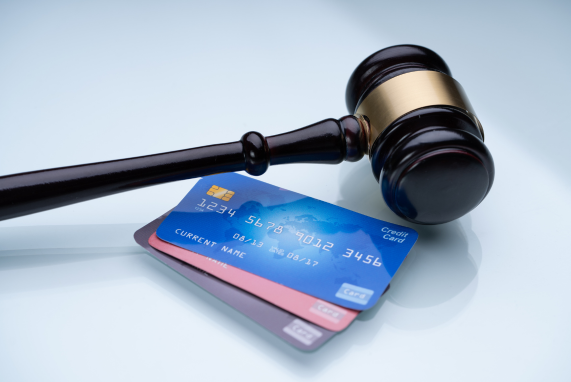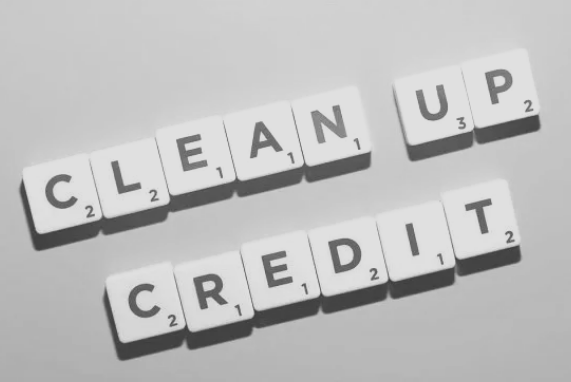
Financial literacy is vital. We all can land on the path to greatness. Credit means receiving something of value now, with the promise to pay for it later. A finance charge is typically added by the lender. Every move you make after establishing credit affects your score. A solid strategy can set you up for long-term success. The links provided are purely informational, not affiliate links. They’re shared to support public awareness and education. Understanding your rights is vital. It’s a cornerstone to personal empowerment. You control your destiny.
Consumer Rights
The Consumer Financial Protection Bureau (CFPB) oversees financial products for consumers. The Fair Credit Reporting Act (FCRA) ensures accurate credit reports, while the Credit Repair Organizations Act (CROA) regulates credit repair companies.
Enforced by the Federal Trade Commission, the CROA prohibits false claims and upfront fees. Consumers have rights to contracts, cancellations, cost details, and legal action for breaches.


Credit Reporting Basics
In the U.S., Equifax, Experian, and TransUnion gather consumer data from sources like banks to create credit reports. These reports, built from personal and public records, help lenders, insurers, and employers assess your financial reliability.
Most credit bureaus offer fast online dispute tools, but written letters tend to be more effective, except for updating personal details. If fraud is involved, contact the creditor, request a security freeze, and report identity theft to the police and the FTC.


How Disputes Work
Credit bureaus must mark disputes and investigate within about 30 days, updating you with results: Verified (no change), Modified (updated), Deleted (removed), or Deemed Frivolous (dismissed). Watch for expired lawsuits and dispute lingering inquiries after the statute of limitations which vary by your state.
Credit Mix
A healthy mix of credit cards and installment loans, managed with timely payments, shows you’re credit-savvy and can give your score a lift.


Debt
Life happens, but debts remain your responsibility. Fortunately, the FDCPA protects you by prohibiting debt collectors from using abusive, unfair, or deceptive tactics during collection.
Are FICO® Scores and VantageScore® Different
FICO and VantageScore are two ways lenders check your credit. They both look at how you pay bills, use credit, and mix accounts. FICO puts more focus on new credit, while VantageScore also looks at recent habits and how much credit you have available.


**Very Important**
What are CPN’s?
CPNs (Credit Profile Numbers) are often falsely marketed as legit replacements for Social Security numbers. In truth, these companies are running scams. They may steal real social security numbers from vulnerable groups, and sell them for a profit. Shady sellers might ask you to lie on credit applications using a CPN, claiming it’s to protect your identity. But what they’re really pushing is the creation of a fake identity, which can lead to serious legal trouble. The bottom line: SSNs are free, and paying for a CPN is a red flag. Stay alert and steer clear.
CPNs, ITINs and Social Security Numbers
The IRS uses special ID numbers to keep track of taxpayers. The two legit kinds are:
SSNs (Social Security Numbers): These are given out by the Social Security Administration and are what most U.S. citizens and residents use to file taxes.
ITINs (Individual Taxpayer Identification Numbers): These are created by the IRS for people who don’t qualify for an SSN—like some immigrants and their family members. They always start with the number 9 and look similar to SSNs.
CPNs (Credit Profile Numbers) also have nine digits and may look like SSNs or ITINs, but they’re not legal taxpayer IDs. Don’t be fooled by their appearance, just looking official doesn’t make them legit.
